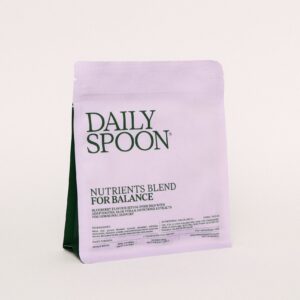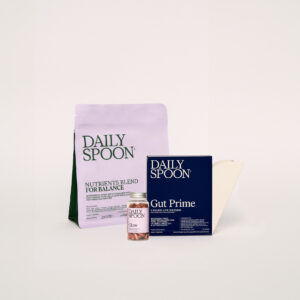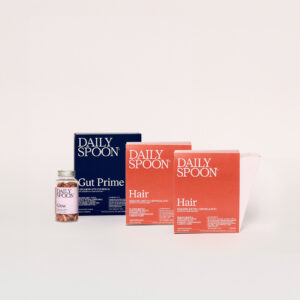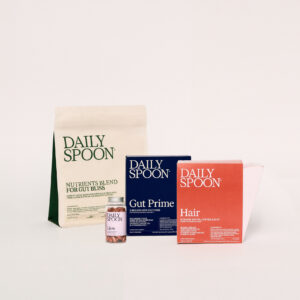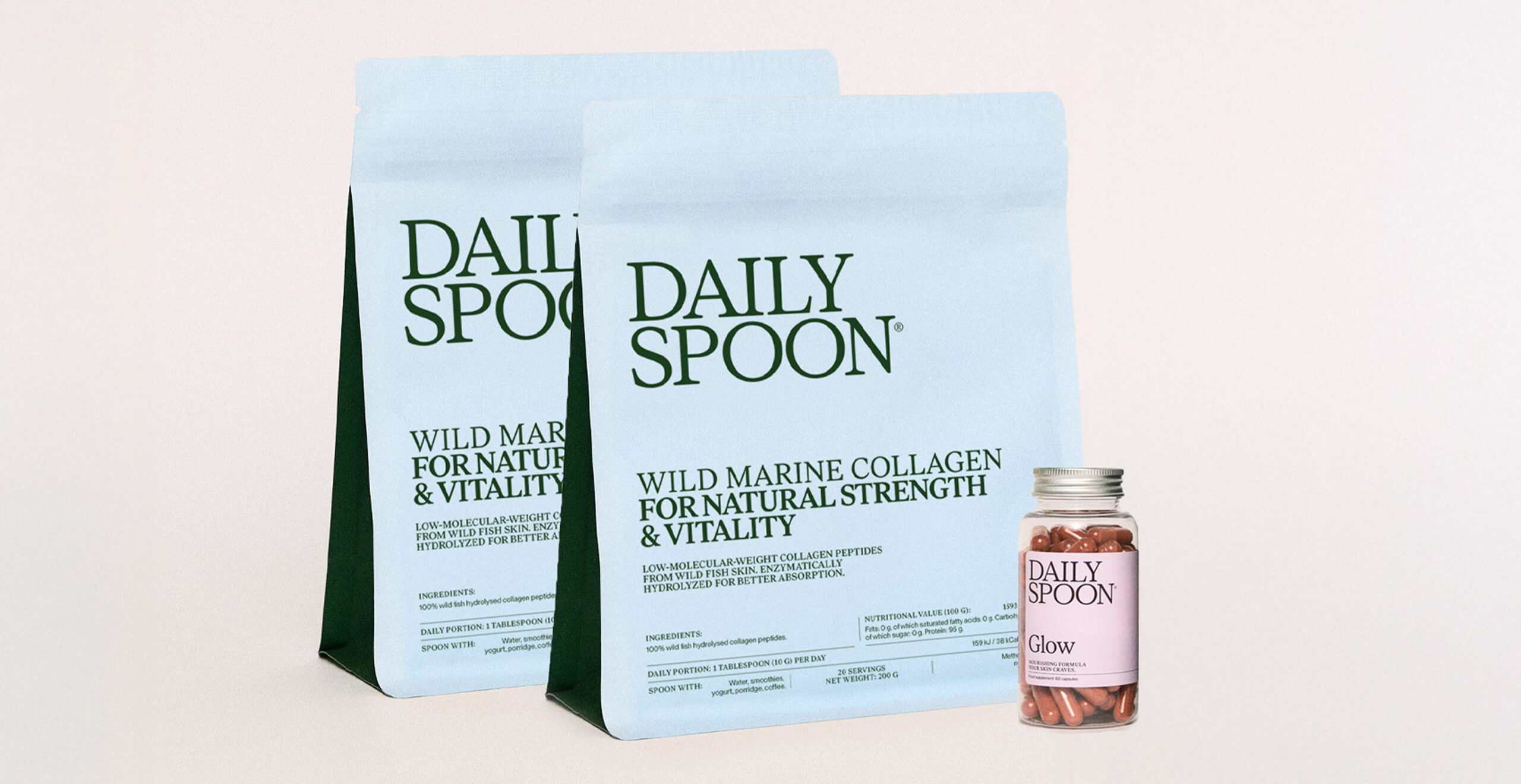Balanced nutrition, regular physical activity, and quality sleep are the foundation of a healthy lifestyle.
This way of living helps maintain good physical condition, high energy levels, and a reduced risk of disease. It’s a lifestyle that makes it easier to enjoy life while lowering the risk of illness and early death. Health is not just the absence of disease or illness—it also includes physical, mental, and social well-being. We hear this term from early childhood, yet we rarely take the time to seriously reflect on the reasons and methods for achieving it. Although it may seem difficult at first glance, by taking small steps and building long-term habits, this kind of lifestyle can become second nature. So this time – some simple and useful tips on how to live a healthier life.
Stay Active Regularly
Physical activity isn’t limited to gym workouts. It includes all forms of movement—whether you’re working, playing, doing household chores, commuting, or enjoying leisure activities. The recommended amount of physical activity depends on your age group, but adults aged 18–64 should engage in at least 150 minutes of moderate-intensity physical activity per week. You don’t need to rush out and buy a gym membership right away. If you’re unsure about your motivation or commitment, here are some simple tips to help you get started:
- Make time for exercise. Schedule specific times for physical activity in your daily routine and write them into your planner. You don’t have to do it all at once—ten minutes in the morning, midday, and evening can be just as effective as 30 minutes in one go.
- Exercise with a friend. Find a workout partner to help you stay on track and motivate you to get off the couch and out the door.
- Use a step counter. Pedometers are an easy and inexpensive way to encourage more movement. Set a daily step goal and gradually increase it over time.
- Step away from screens. Reducing screen time can help cut down on sedentary behavior. Instead of browsing online for half an hour, take the opportunity to stretch your muscles—go for a walk, tidy up at home, or walk to the store instead of driving.
- Swap sitting time for activity. Try pairing light exercise with sedentary tasks. For example, do simple movements while watching TV, or set a reminder to stand and walk around for a few minutes every hour at work.
- Join group classes. Check out the fitness class schedule at your local gym or community center, or look for nearby dance or yoga studios. The structured format may help you learn a new activity and stay committed to your goal.
- Reward yourself. Set short-term goals and treat yourself when you achieve them.
Make Time for Balanced Nutrition
The foundation of healthy eating is consuming the right amount of calories based on your level of activity, ensuring that the energy you take in is balanced with the energy you burn. It’s also important to eat a variety of foods to ensure your diet is balanced and provides all the essential nutrients your body needs.
Fiber and Carbohydrates
Base your meals on fiber-rich starchy carbohydrates. Starchy carbohydrates should make up just over a third of the food you eat. These include potatoes, bread, rice, pasta, and cereals. Choose higher-fiber or wholegrain versions, such as whole wheat pasta, brown rice, or potatoes with the skin on.
Fruits and Vegetables
It is recommended to eat at least 5 portions of a variety of fruits and vegetables each day. They can be fresh, frozen, canned, dried, or in juice form. Getting your 5 a day is easier than you might think. Why not slice a banana over your breakfast cereal or swap your usual morning snack for a piece of fresh fruit?
Fish
Fish is a good source of protein and contains many vitamins and minerals. Oily fish are especially rich in omega-3 fatty acids, which can help prevent heart disease. Examples of oily fish include salmon, trout, herring, sardines, anchovies, and mackerel.
Breakfast
Some people skip breakfast thinking it will help them lose weight. However, a healthy breakfast that is high in fiber and low in fat, sugar, and salt is an important part of a balanced diet and can help provide the nutrients your body needs.
Pressed for time in the morning? Whole grain cereals with reduced sugar, semi-skimmed milk, and sliced fruit make for a quick, tasty, and healthier breakfast option.
Plant-Based Proteins
One of the most commonly mentioned reasons people switch to plant-based sources of protein is the belief that they are a healthier alternative to animal meat. In fact, what “healthier” means can vary greatly depending on personal priorities. For example, research has shown that consuming red meat increases the risk of certain diseases, whereas plant-based proteins may help reduce it.
Studies have found that plant proteins can lower the risk of cardiovascular diseases such as heart attacks and coronary artery disease. Closely linked to this reduced risk is the ability of plant-based proteins to help lower blood cholesterol levels. It’s no secret that red meat and other animal proteins have long been associated with increased cholesterol. So, if that’s something you’re struggling with, adding high-quality plant-based proteins to your diet could be a smart step for your health.
If you haven’t tried algae-based proteins yet, now might be a good time to consider their benefits. Despite their simple cell structure, algae maintain high nutritional value. Their proteins and other nutrients are easily digestible and absorbed, making them gentler on the stomach compared to whey protein. The remaining nutrients and undigested fibers travel to the large intestine, where they ferment and help support immune response and gut health.
For a simple and fast way to absorb beneficial nutrients, DailySpoon recommends spirulina—a blue-green algae and a powerful source of plant-based nutrition. It contains a potent plant protein called phycocyanin, which studies show may have antioxidant, pain-relieving, anti-inflammatory, and neuroprotective effects. Many of the antioxidants found in these algae are known to have anti-inflammatory benefits for the body.
Drink More Water
The reminder to drink more water every day may seem boring, repetitive, or even slightly annoying. However, by applying a few simple tricks and setting fun personal rules, building this habit can become much easier. Here are a few examples:
- Infuse your water with fresh fruits (grapefruit, strawberries, lemons), slices of vegetables (cucumber, ginger, celery), or herbs (basil, mint, lavender).
- Drink a glass of water every time you return from the bathroom.
- Drink a glass of water before every meal.
- Use a phone app to track your water intake and send reminders to keep drinking.
- Always keep water nearby—a bottle, cup, or jug. This way, the thought of drinking water will stay with you, and it won’t require much extra effort.
- Eat foods with high water content, such as watermelon, cantaloupe, strawberries, pineapple, peaches, broccoli, and celery.
Reduce Alcohol Consumption
Excessive alcohol consumption negatively affects our body. It dehydrates the skin, stripping it of moisture and nutrients needed to maintain a radiant, elastic, and youthful appearance. It can also lead to high blood pressure, increasing the risk of heart attacks or strokes. Additionally, alcohol weakens the heart muscle, which can affect the lungs, liver, brain, and other systems in the body, potentially leading to heart failure. That said, it’s important to note that – similar to desserts- when consumed responsibly, alcohol can still be part of a healthy lifestyle. The key is moderation.
Benefits of Reducing Alcohol Consumption:
- Feeling better in the mornings
- Less fatigue throughout the day
- Healthier-looking skin
- Increased energy
- Better weight management
Long-Term Benefits:
- Mood – There is a well-known link between heavy alcohol consumption and depression. Hangovers can also leave you feeling anxious and low. If you already struggle with anxiety or sadness, alcohol can worsen these feelings. Cutting back on alcohol can help improve your overall mood.
- Sleep – Alcohol can affect your sleep. While it may help some people fall asleep faster, it can easily disrupt your sleep cycle and prevent deep sleep. Reducing alcohol intake can help you wake up feeling more rested.
- Behavior – Alcohol can influence your thinking and behavior. When drinking, you may act irrationally or aggressively. Over time, heavy drinking can also impair memory and cognitive function.
- Heart – Long-term heavy drinking can lead to an enlarged heart—a serious condition that cannot be fully reversed. However, reducing alcohol intake can help prevent the condition from worsening.
- Immune System – Regular alcohol consumption can weaken your immune system, reducing your body’s ability to fight off infections. Heavy drinkers are more prone to infectious diseases.





